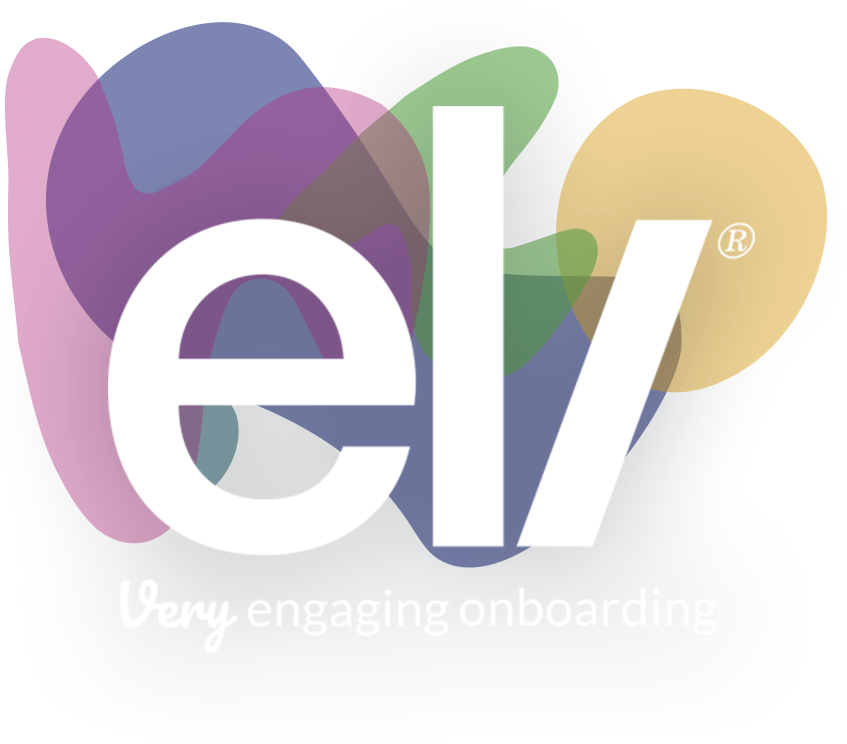Where does onboarding stop and L&D begin?
 07/02/2024
07/02/2024
In survey after survey over the last ten years, training, development and advancement opportunities have become the most important things candidates look for when they select an organisation to join.
As a result, L&D is becoming ever more important to employers too. The shift to a digital, knowledge-based economy has placed a real premium on reskilling and upskilling. The rapid evolution in technology, in particular, means there’s a much shorter shelf-life for both software and hardware, making regular retraining essential.
Similarly, the rise in agile working, with its emphasis on a project-based career model, increases the need for ongoing training. Whilst this model offers variety, interest and challenge to employees, it also requires them to add to their skill-base regularly in order to fit into each new fluid team.
That’s why beginning the L&D during onboarding is so important. It’s the ideal place to build a strong narrative about the learning journey each new starter can go on. As well as emphasising the opportunities for skill development within their individual role, you can also highlight opportunities for getting involved in agile projects, as well as more formalised training provisions such as management development programmes or technical training courses.
This allows each employee the time and space to explore content, digest your offerings and start to map out their own development journey. It’s far easier to do this before joining than during the inevitably hectic first few weeks in a new role. Of course, the degree to which each person will engage in customising their own L&D plan will vary. But both L&D uptake, engagement, workforce skill levels and performance could be improved by such an approach.
"78% of employees report that they would remain with a company longer if they had a clear career within their current organisation" – Mercer
A great way to achieve this personalised level of content and resources for each individual is through technology, with the support of an easily customised and tailored onboarding portal.
It’s a model that provides many opportunities – both before new starters join and in their first few weeks and months. New starters have the chance to get up to speed on projects or initiatives they will be involved with and can learn more about organisational values through videos or training modules. They’ll also be able to access online training to add more strings to their bow – from utilising company software to developing new soft skills. The ability to message their line manager and L&D team around their development is also key, as they can work together to develop a personalised L&D timeline, perhaps even including booking face-to-face training events.
What’s more, bearing in mind that each new employee will have just been rigorously assessed during the interview process against key skills and behaviours, onboarding is the perfect opportunity to signpost training programmes around important competencies, strengths and skills that they need to work on. This will not only help swiftly address key areas where development is needed, it can also help focus a longer-term development plan around key strengths.
Onboarding like this all leads to more engaged, informed and confident new starters, who arrive empowered to give their best right from day one, their learning and development journey already happily underway.





